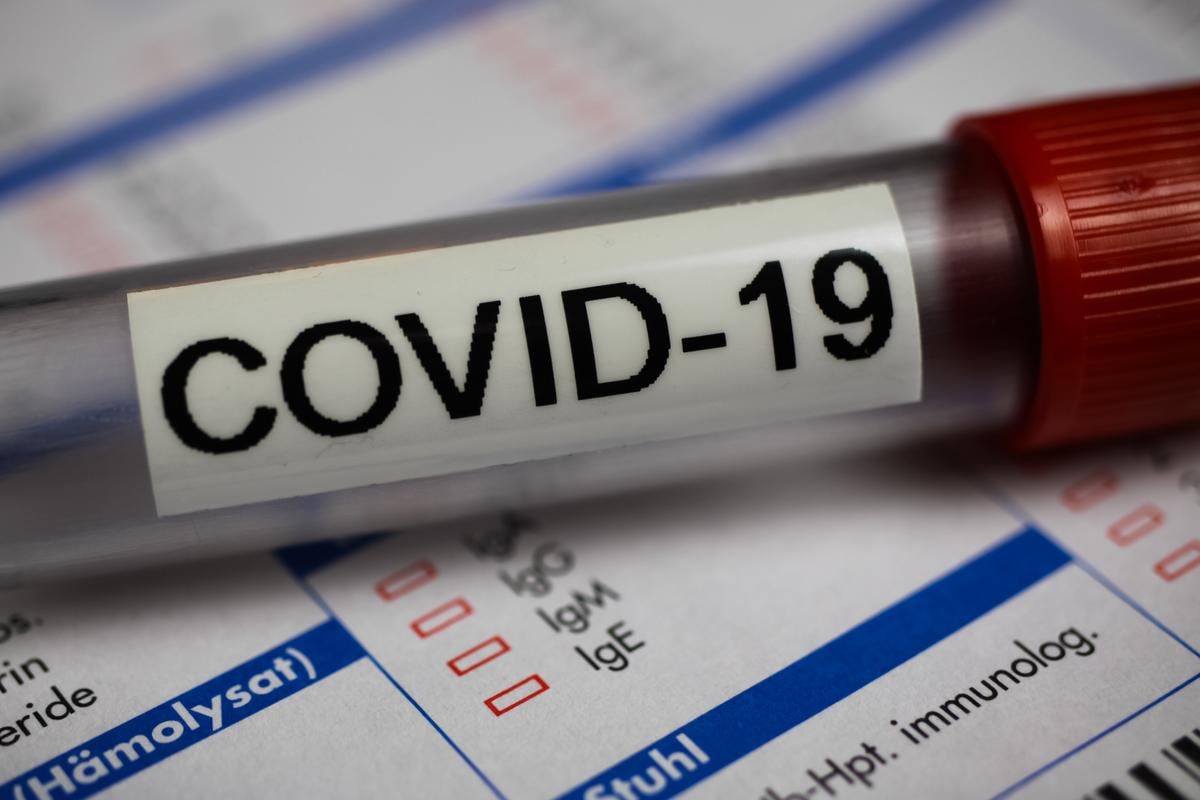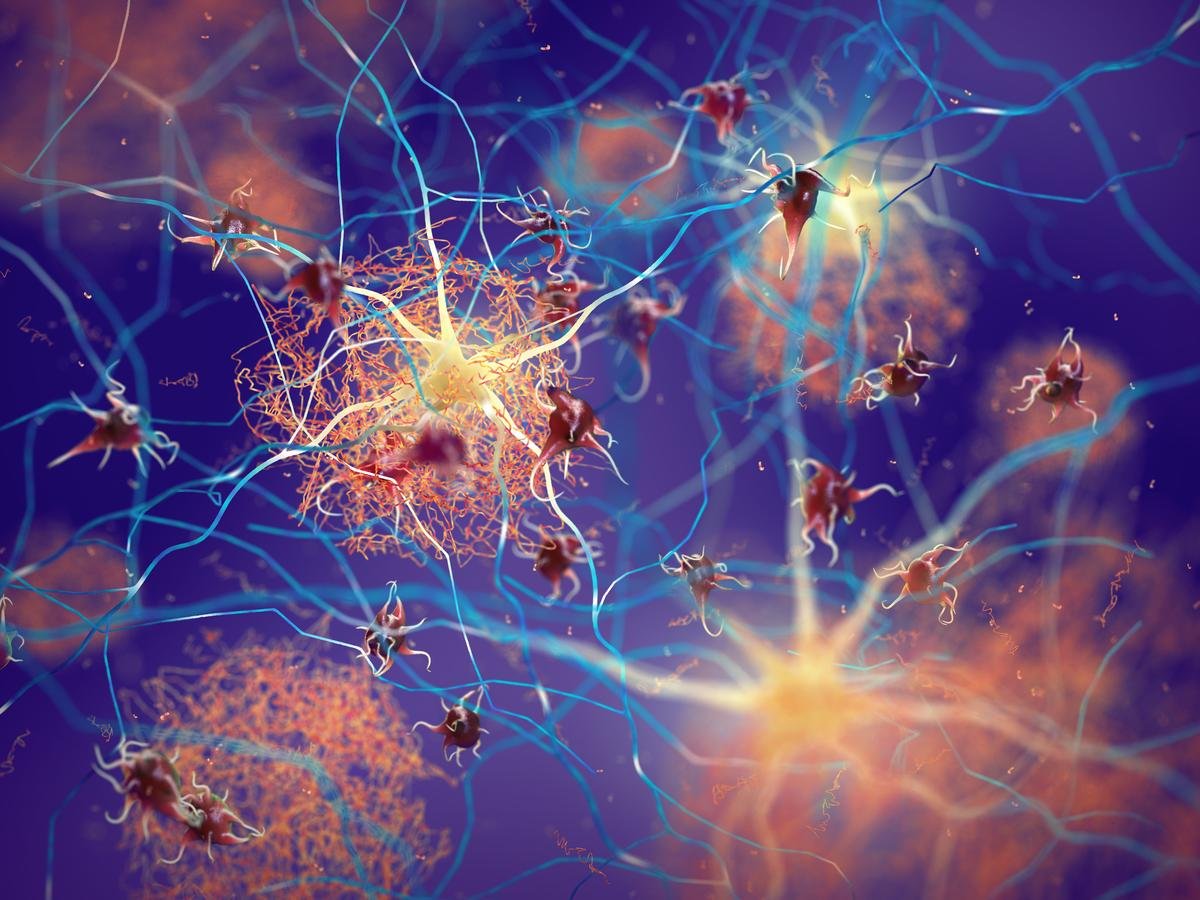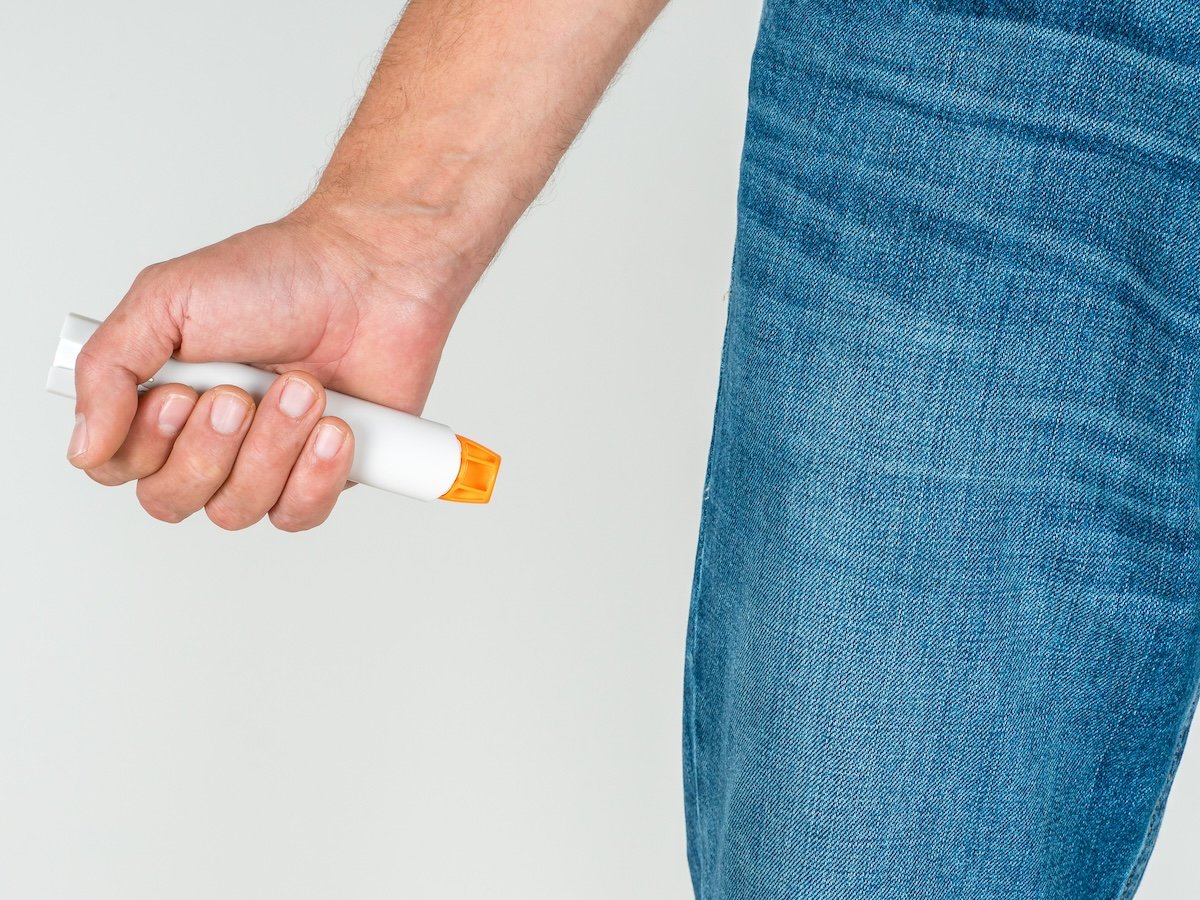
A study tracking almost 10,000 9- and 10-year olds for two years finds a link between time spent watching TV and other screens with a higher odds for ADHD and depression. “Screen use may replace time spent engaging in physical activity, sleep, socializing in-person and other behaviors that reduce depression and anxiety,” reasoned study lead author Dr.… read on > read on >






























